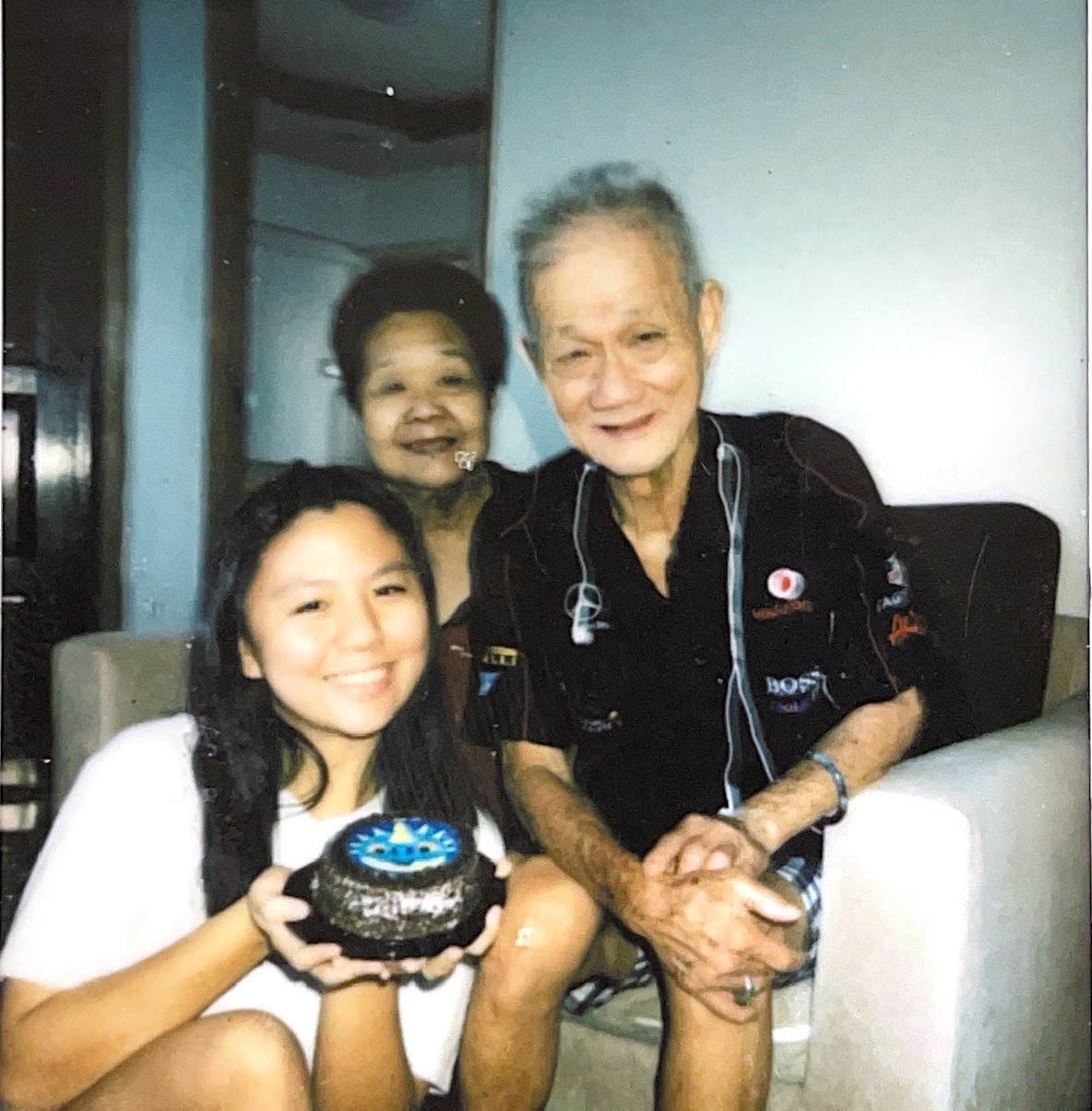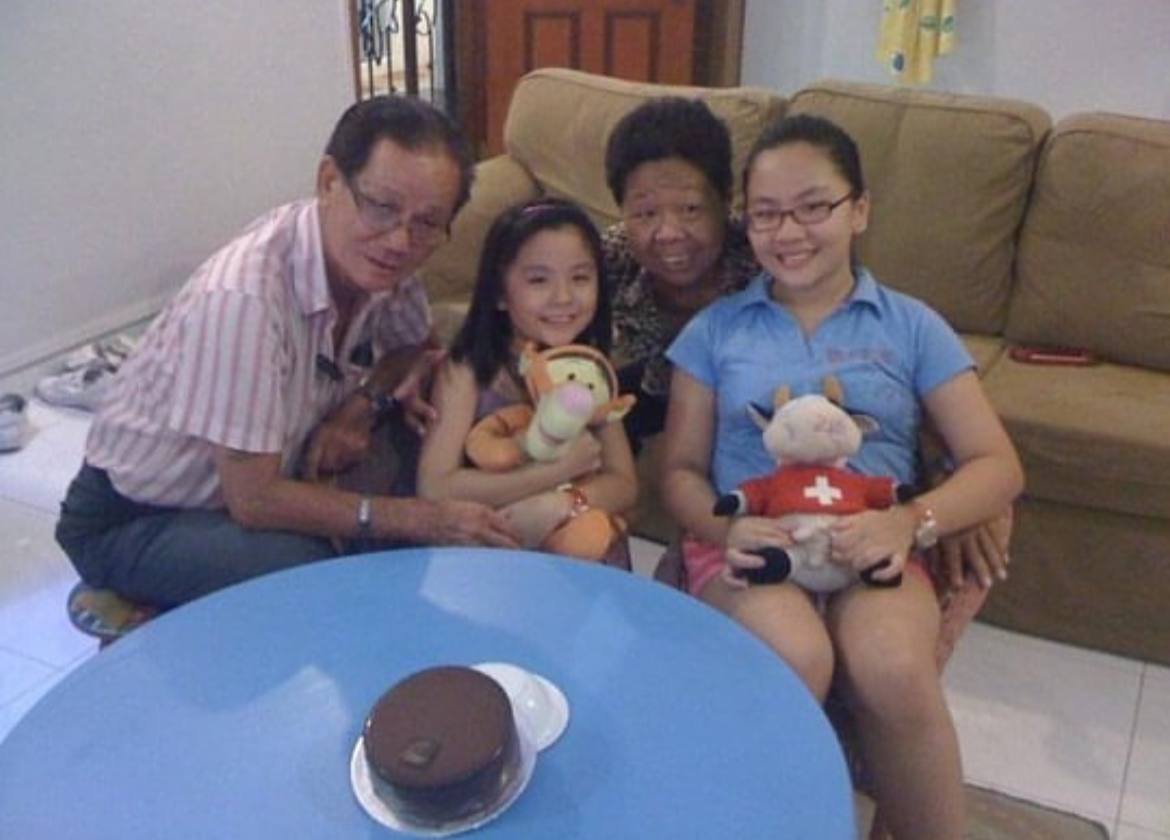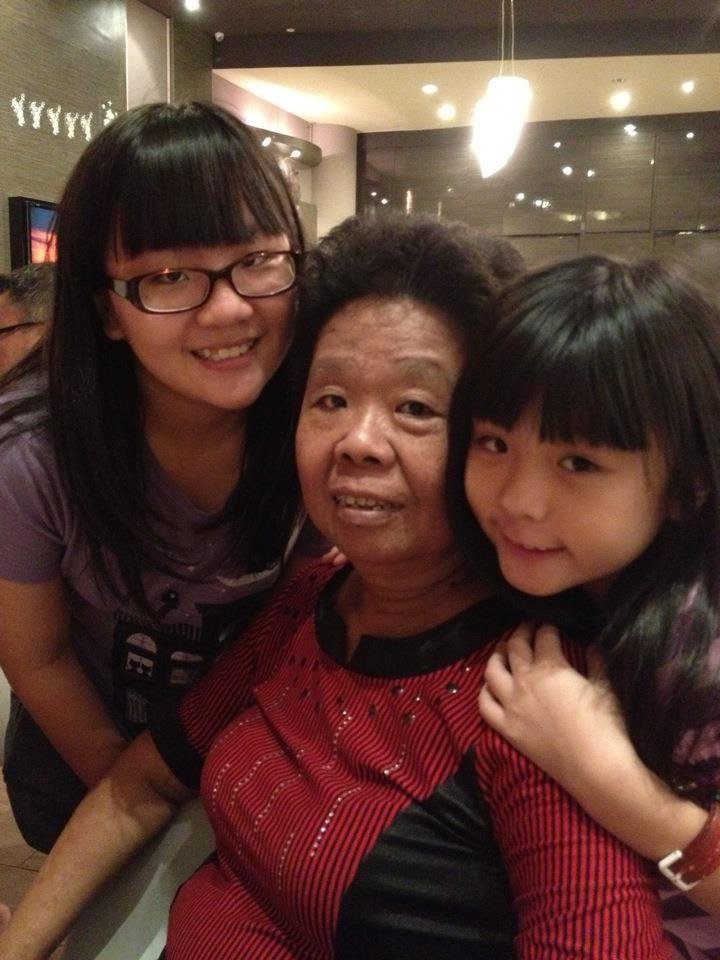From Loss To Light: How I Discovered Meaning in the Witnessing of Death.
"It offers a sense of stability, a promise of connection and companionship that stretches beyond a single lifetime."
When I first joined in 2021, I just wanted to find something interesting because it was my JC2 year and I felt very stagnant in the study-focused environment. I wanted to go for something more spiritual. Thankfully, my best friend was attending a class in BW Monastery. I tagged along since it was on zoom and convenient anyway.
What turned my life upside down was when my grandmother, who I was incredibly close to, was suddenly hospitalized with a liver infection. We thought it was minor, but things escalated quickly. Studying, the only thing I could control, felt meaningless. My best friend, remembering BWM, offered me prayer beads and sutras to chant. That night, I clung to those practices. In the midst of helplessness, faith became my anchor. A voice suddenly whispered that everything would be alright, that she just needed to overcome this hurdle.
The helplessness of the situation was crushing.
The only thing I could do was pray. But that simple act, relying on a higher power, kept me from spiraling. It allowed me to focus on doing something, anything, for her.
The concept of infinite lifetimes also brought comfort. The pain of losing her physical presence was immense, but the idea that our bond wouldn't vanish offered solace. She wouldn't be "gone," just towards the next life. While I wasn't particularly close to the wider BStar community yet, witnessing how they handled grief was eye-opening. They viewed it through the lens of impermanence, focusing on positive memories and acts of merit for the deceased. Their unwavering support extended to families as well, creating a sense of shared experience.
The idea of karma, the law of cause and effect across lifetimes, also brought me comfort. My biggest fear was losing her completely, her no longer being my grandma in my life. But the idea of karmic bonds suggested we might meet again in another life, as relatives once more. That possibility soothed the pain of separation. That allowed me to accept her death more.
It struck me how differently they approached grief. They viewed it through the lens of impermanence, understanding that death is a natural part of life and more importantly, it wasn’t the end and there are infinite lives. This perspective helped them avoid getting completely immersed by sadness with no resolution. Instead, they focused on immediate acts of kindness, like helping the deceased pray and perform rituals.
It was a powerful display of compassion – death is never something comfortable to witness, but they prioritized supporting the grieving family and remembering the deceased with respect. This genuine care for both the individual and their family became very real to me, and it planted a seed of wanting to be more involved in this supportive community.
Most importantly, I had the desire to find out the truth of death.
The biggest scar left by my grandma's passing was the gaping hole in my life. She'd been my emotional anchor, my confidante, and losing her felt unbearable. Hence, relying on the Triple Gem became my lifeline.
Here, I've learnt that the Triple Gem offered a refuge that transcended the impermanence of the world. Unlike my grandma, who wouldn't always be there, the Buddha, Dharma, and Sangha were a constant source of support. The pain of losing her was a stark reminder that everyone I clung to would eventually be gone.
But the BStar community is a group of people who follow virtuous teachers and form enduring bonds of friendship. It offered a sense of stability, a promise of connection and company that stretched beyond a single lifetime. This newfound sense of security, I believe, is what allowed me to start healing.
Jess Tan, 20
NTU Year 2 Student



